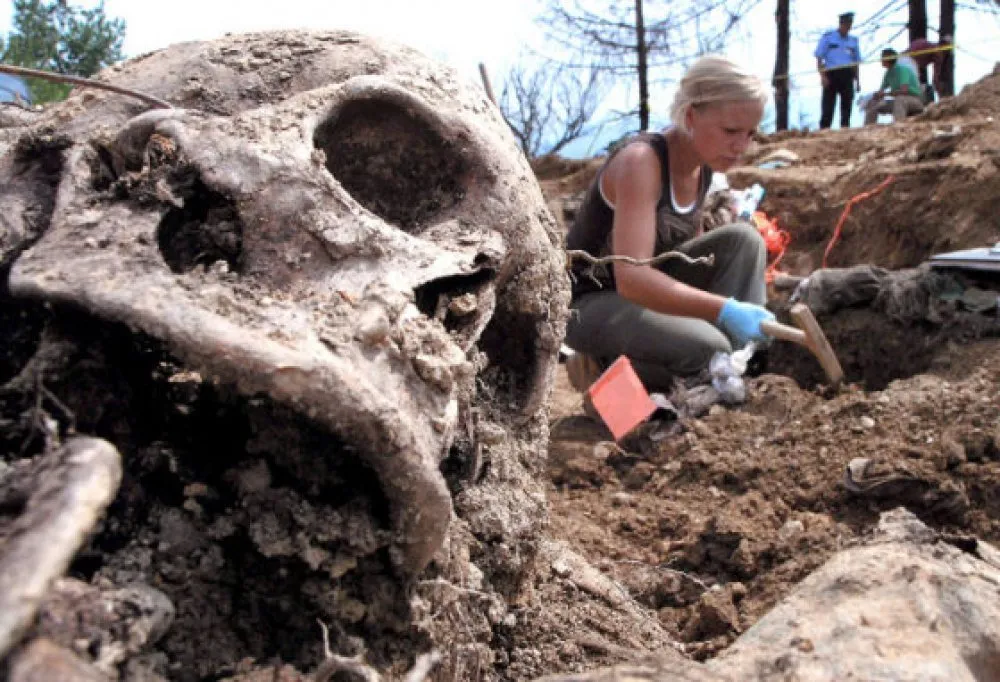In the annals of history, some discoveries have the power to captivate the imagination and ignite fervent debate. Such is the case with the remarkable unearthing of giant skeletons in Wisconsin back in 1912. This groundbreaking discovery not only shed light on the ancient inhabitants of the region but also sparked a heated debate that reverberated through the corridors of academia and beyond.

The year was 1912 when a group of archaeologists stumbled upon a series of astonishing finds in Wisconsin. What they unearthed defied all expectations – skeletal remains of individuals who, by all accounts, were giants in stature. These discoveries immediately captured the attention of the public and the scientific community alike, triggering a wave of speculation and inquiry.

The implications of these findings were profound. Suddenly, questions about the origins of these colossal beings and their place in history permeated every discussion. Were they the remnants of an ancient civilization lost to time? Or were they evidence of a species unknown to modern science? The debate raged on, with experts offering competing theories and interpretations.

But perhaps even more intriguing than the discoveries themselves was the controversy that surrounded them. Skeptics emerged, casting doubt on the authenticity of the findings and questioning the motives of those involved. Accusations of hoaxes and sensationalism abounded, adding fuel to an already fiery debate.

Despite the controversy, the significance of the 1912 discovery cannot be overstated. It opened up new avenues of exploration and inquiry, challenging established beliefs and pushing the boundaries of our understanding of the past. Even now, over a century later, the legacy of these giant skeletons continues to inspire fascination and curiosity.

As we reflect on this historic event, we are reminded of the enduring power of discovery to both captivate and divide. The 1912 discovery of giant skeletons in Wisconsin stands as a testament to the complex interplay between science, skepticism, and the human thirst for knowledge. It serves as a reminder that even in the face of controversy, the pursuit of truth remains an inexorable force driving us forward.




